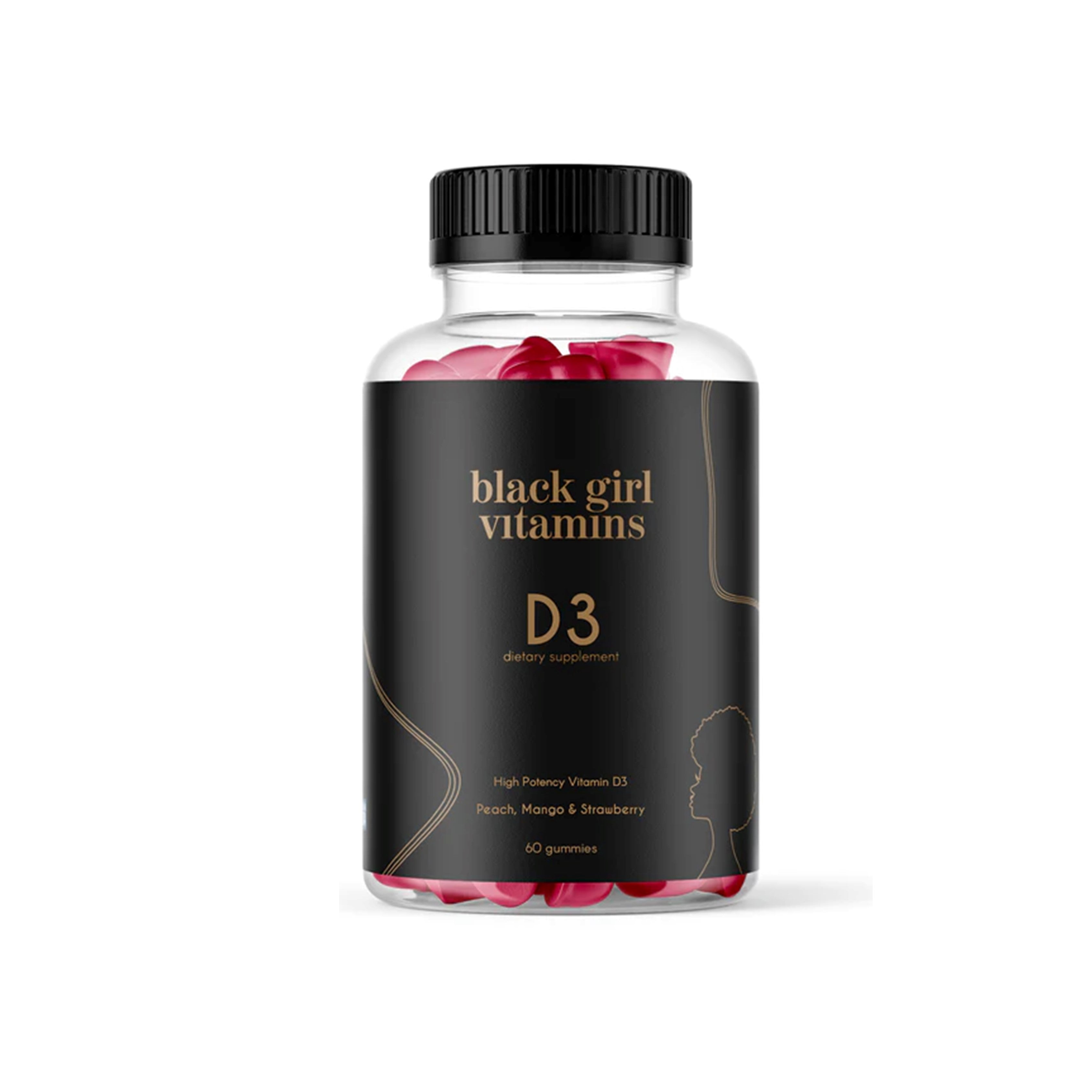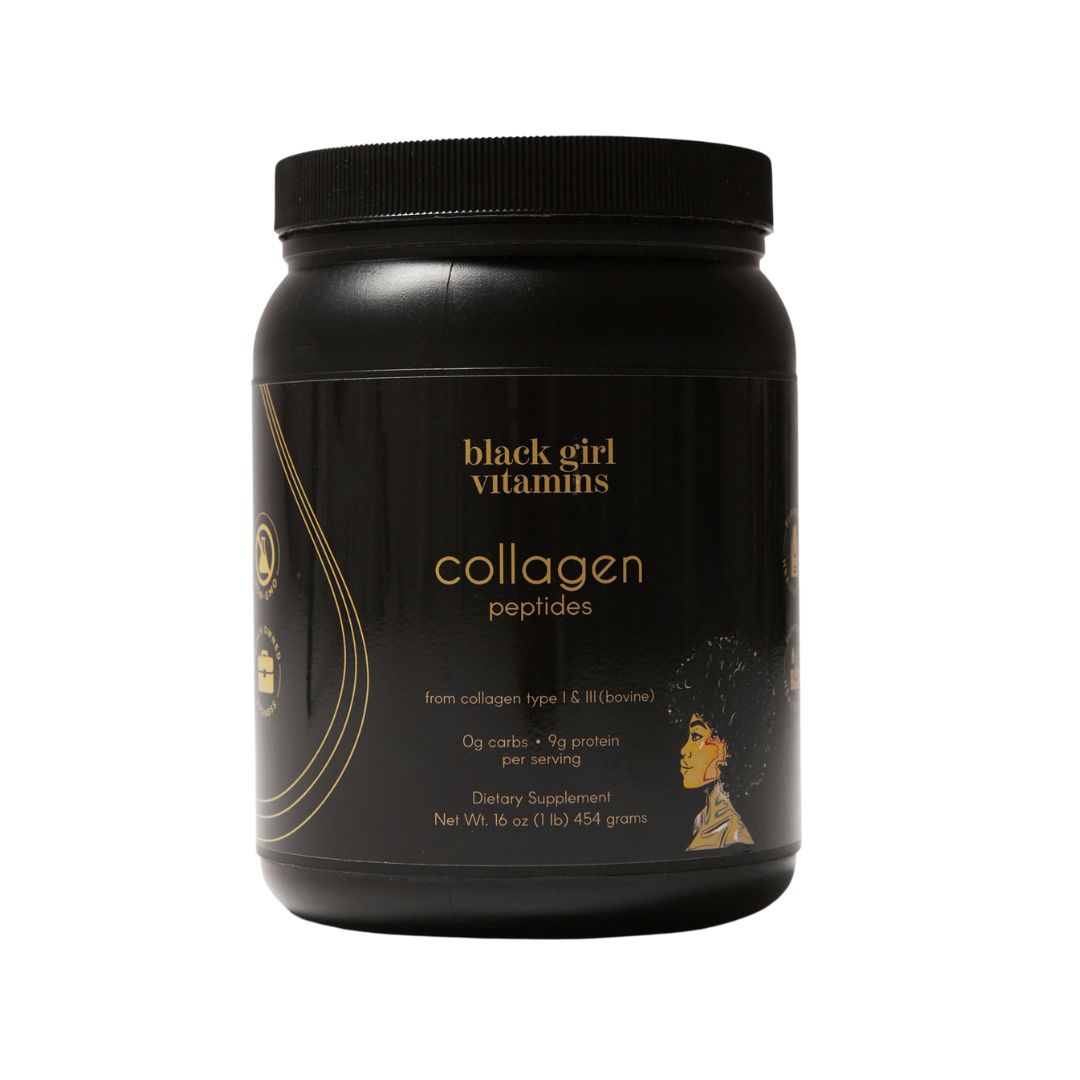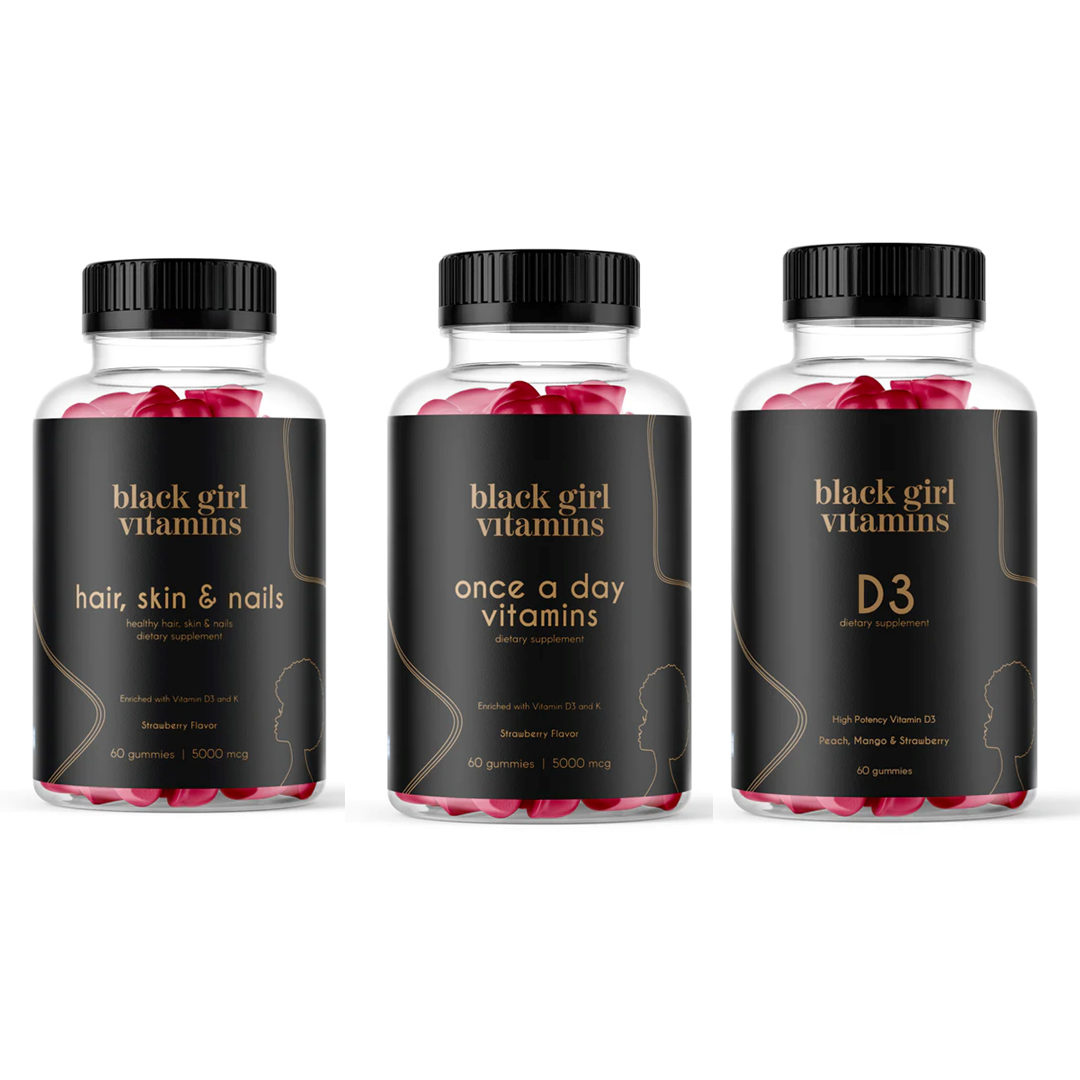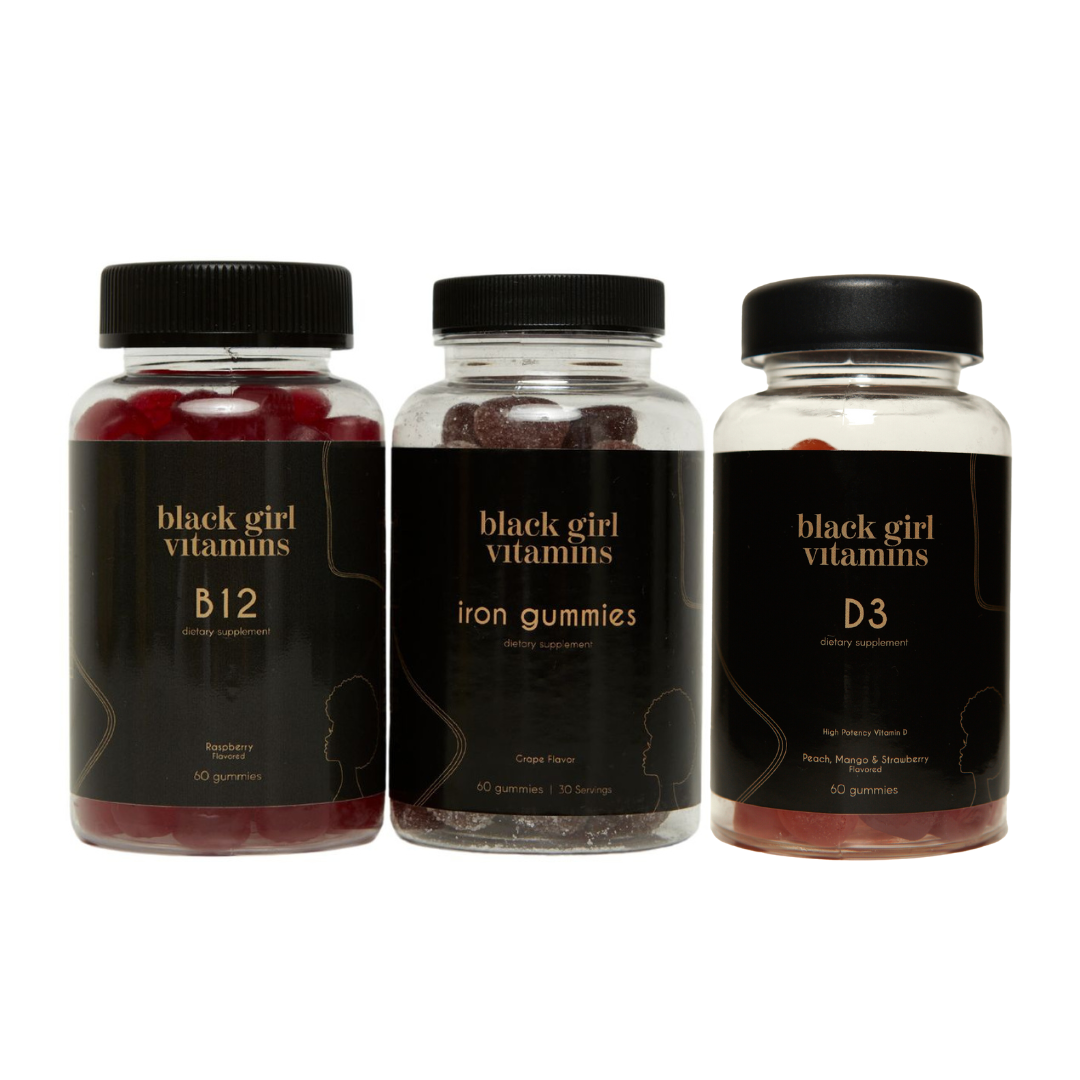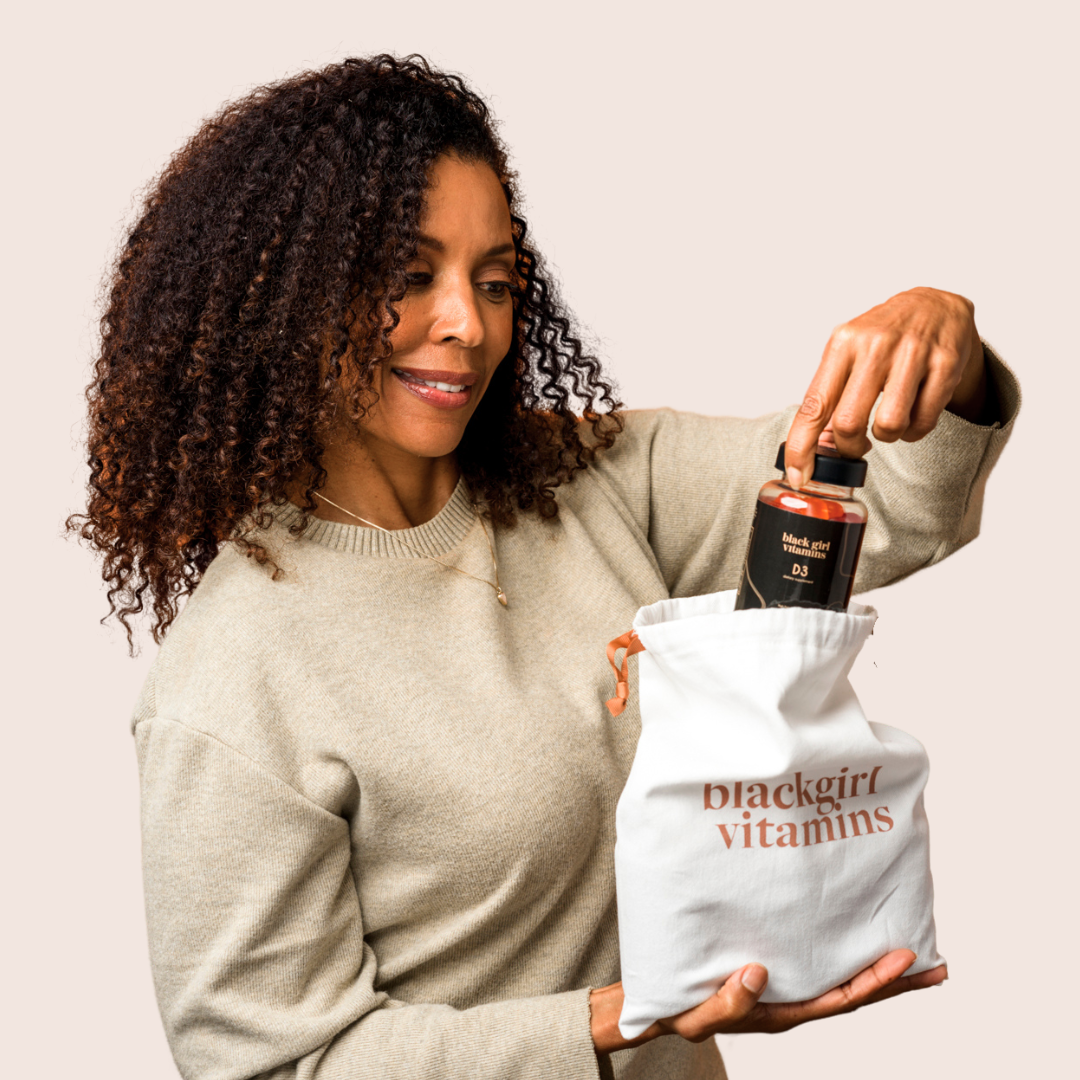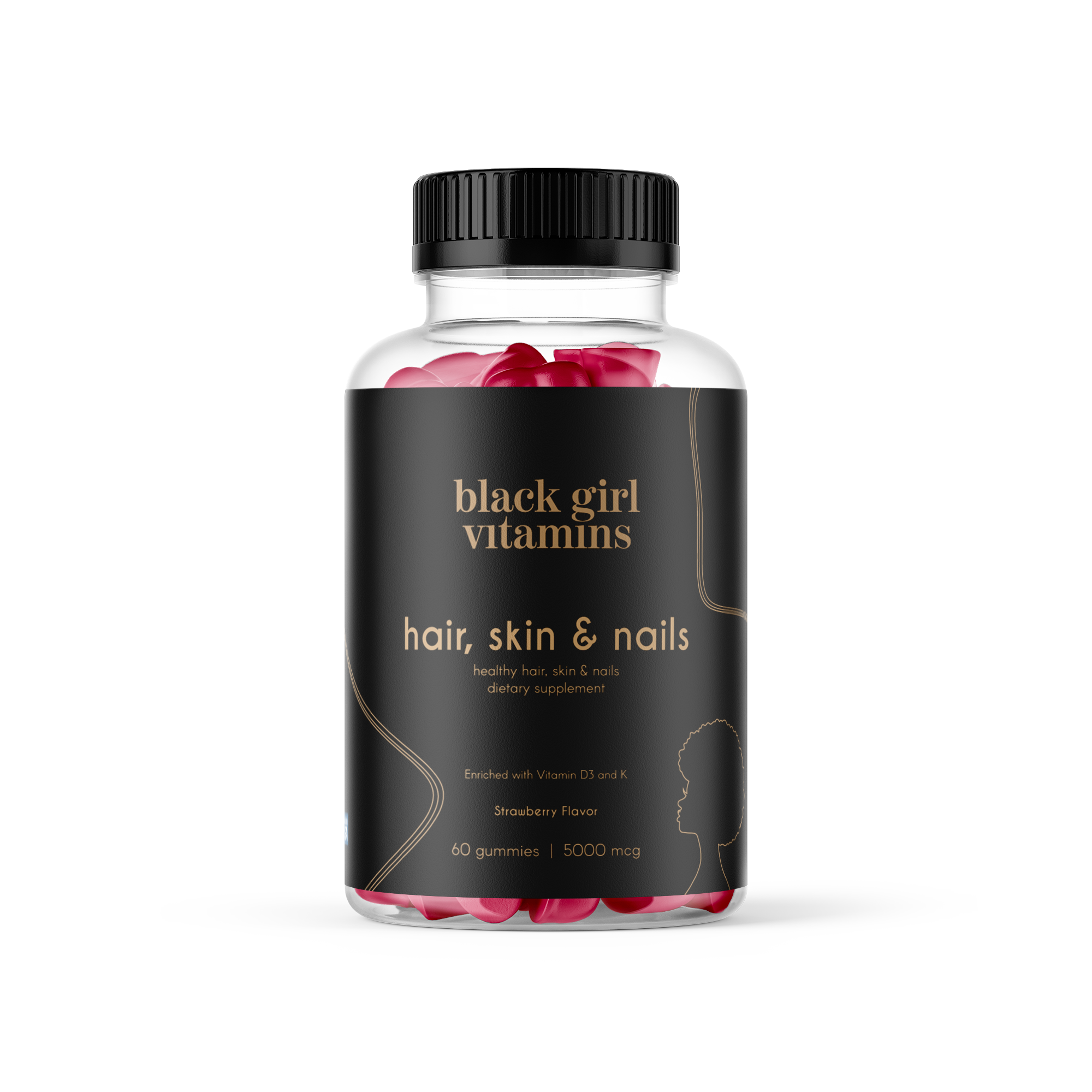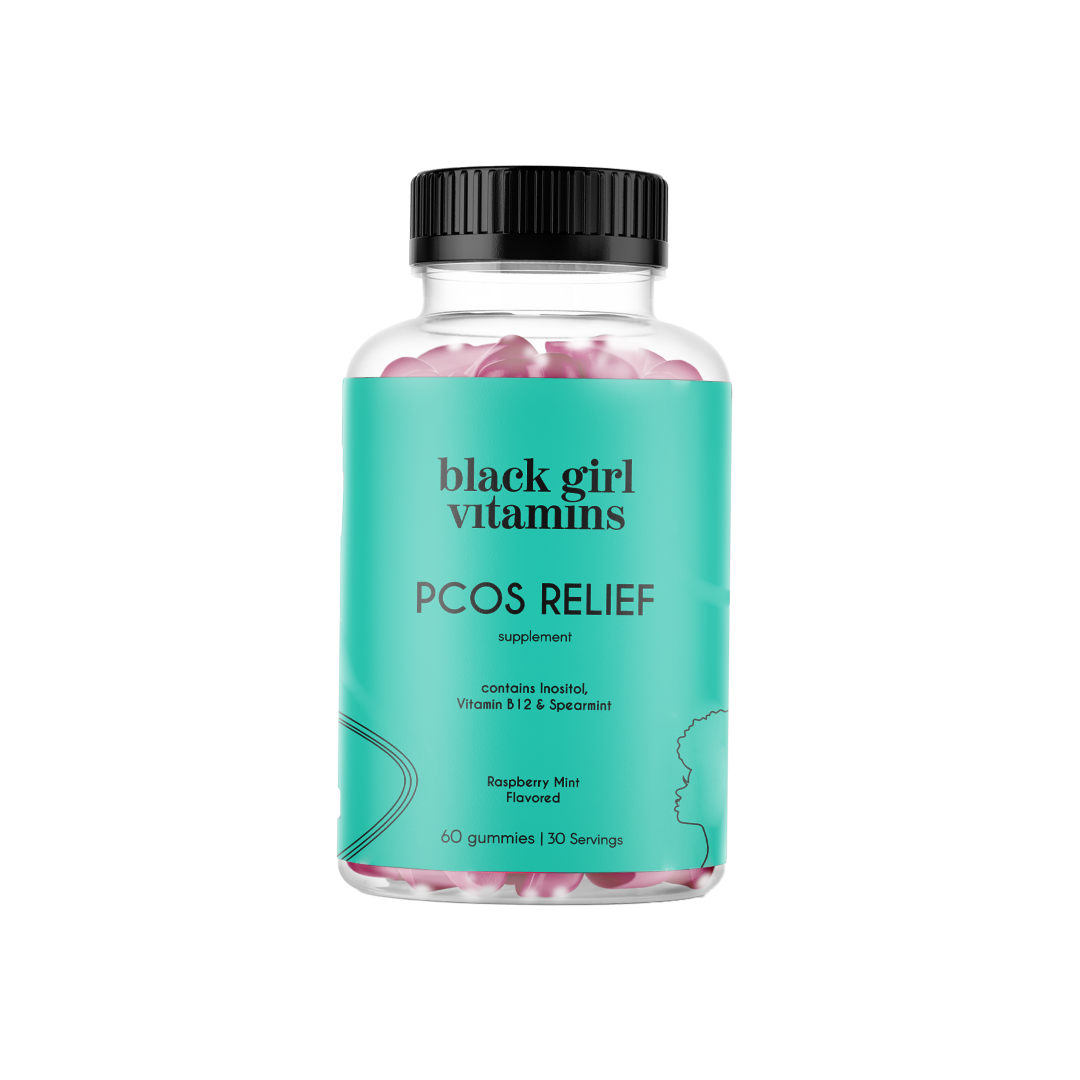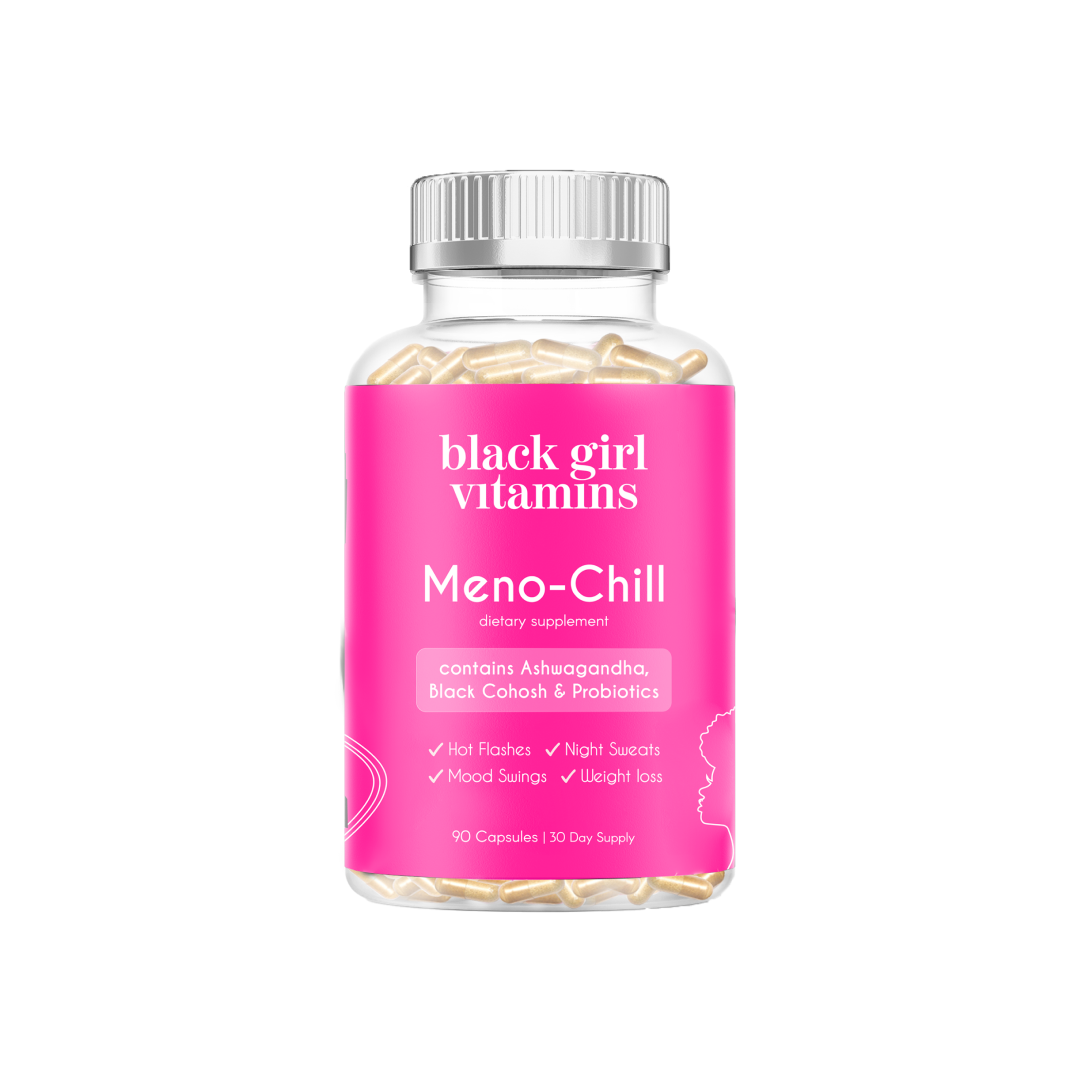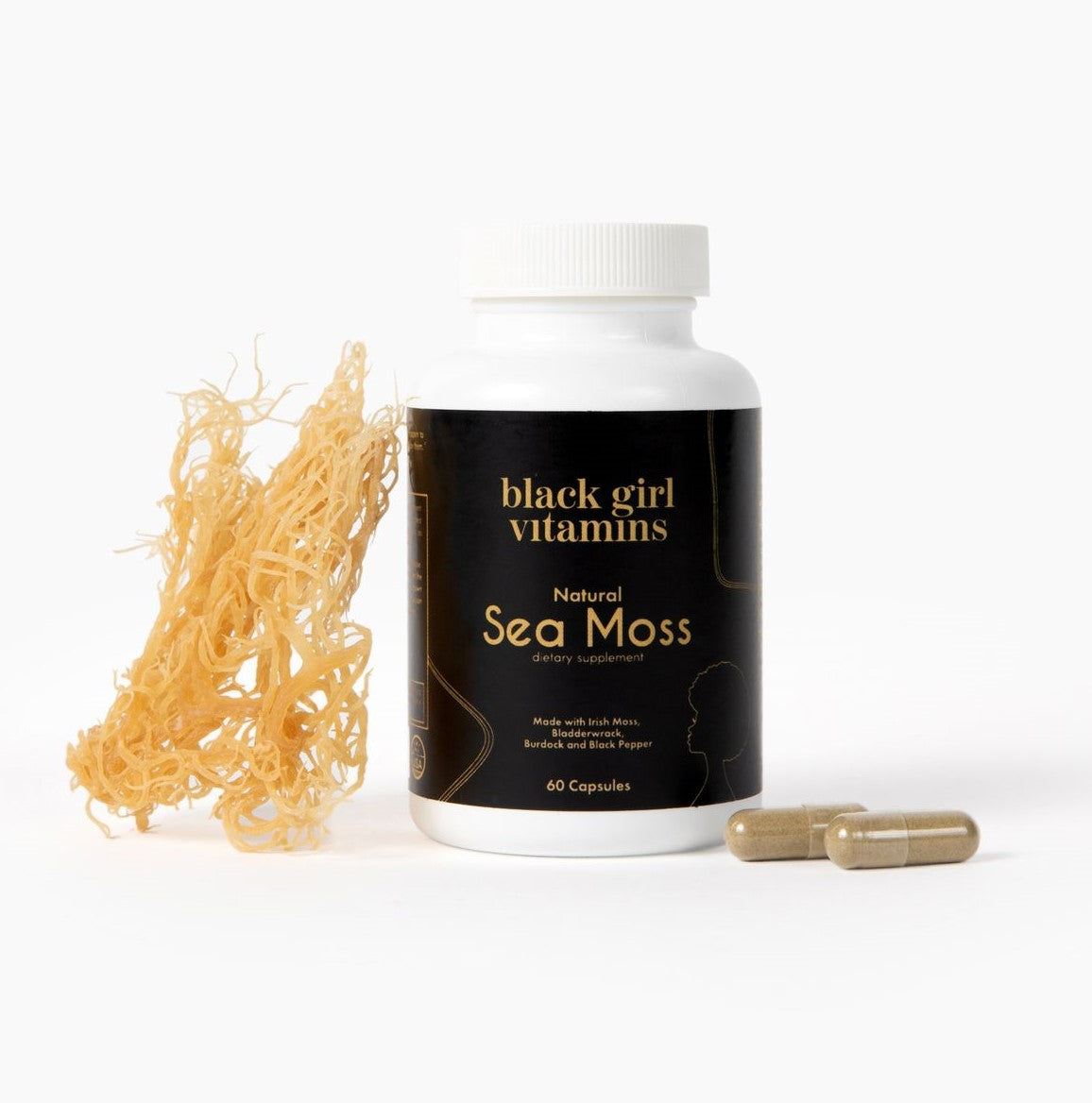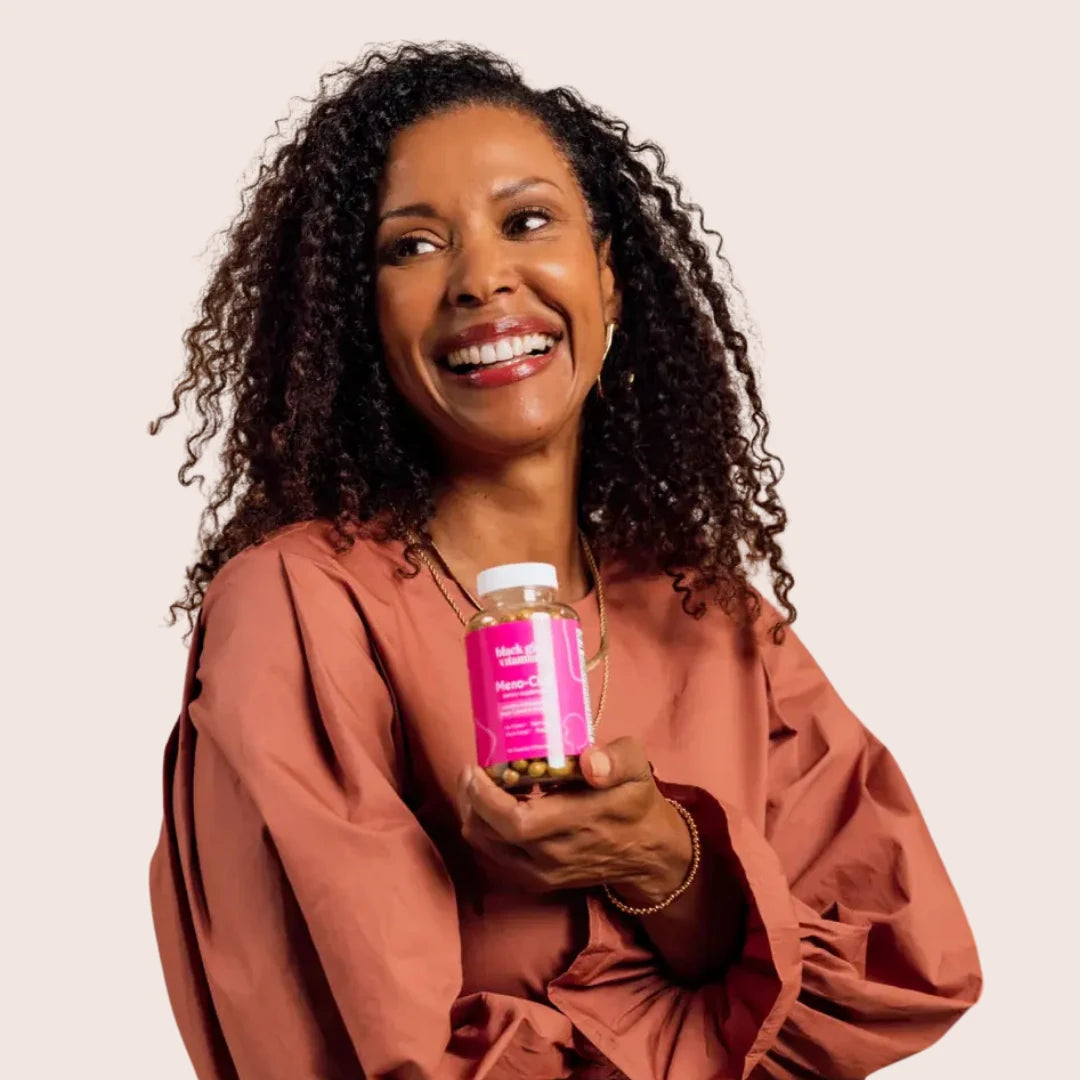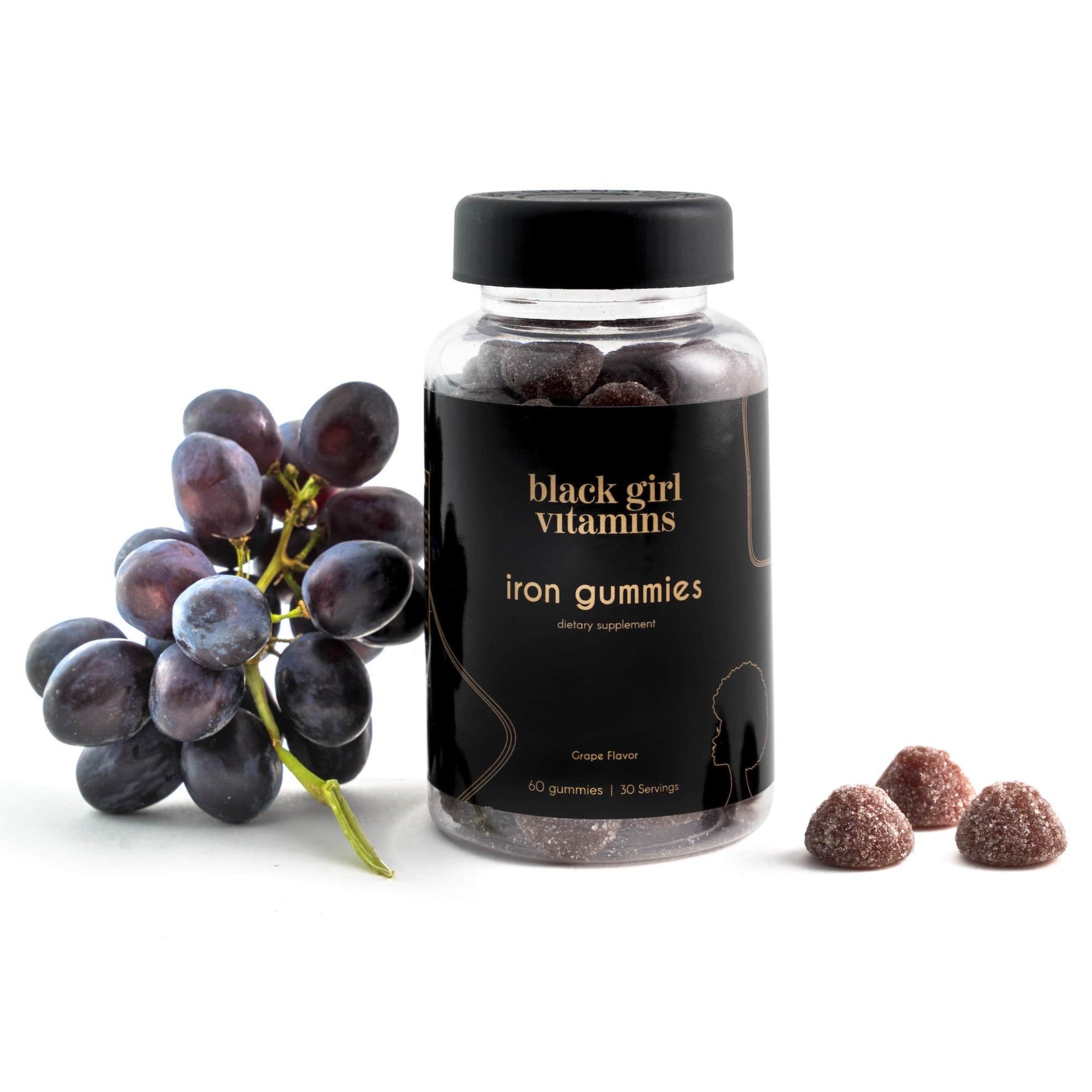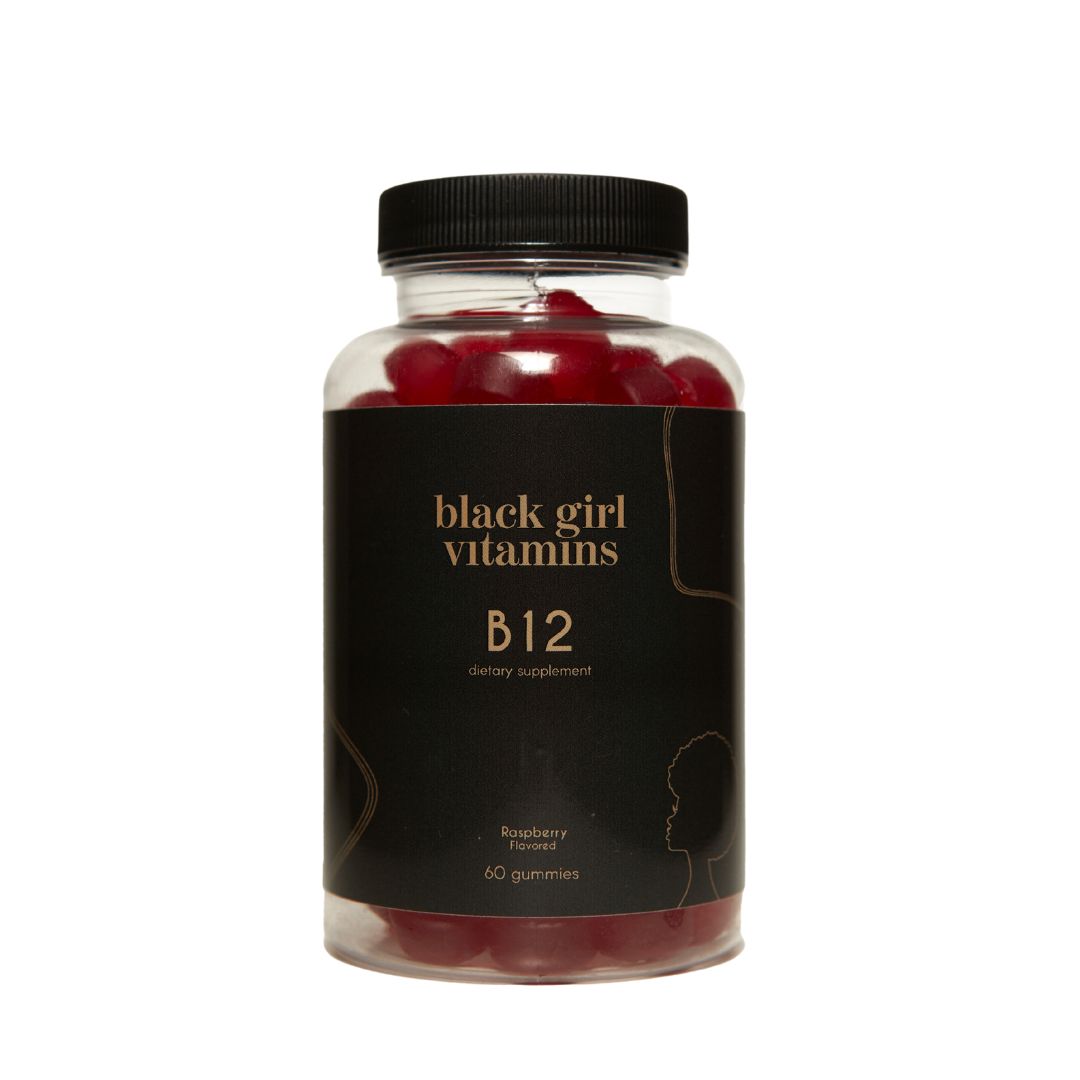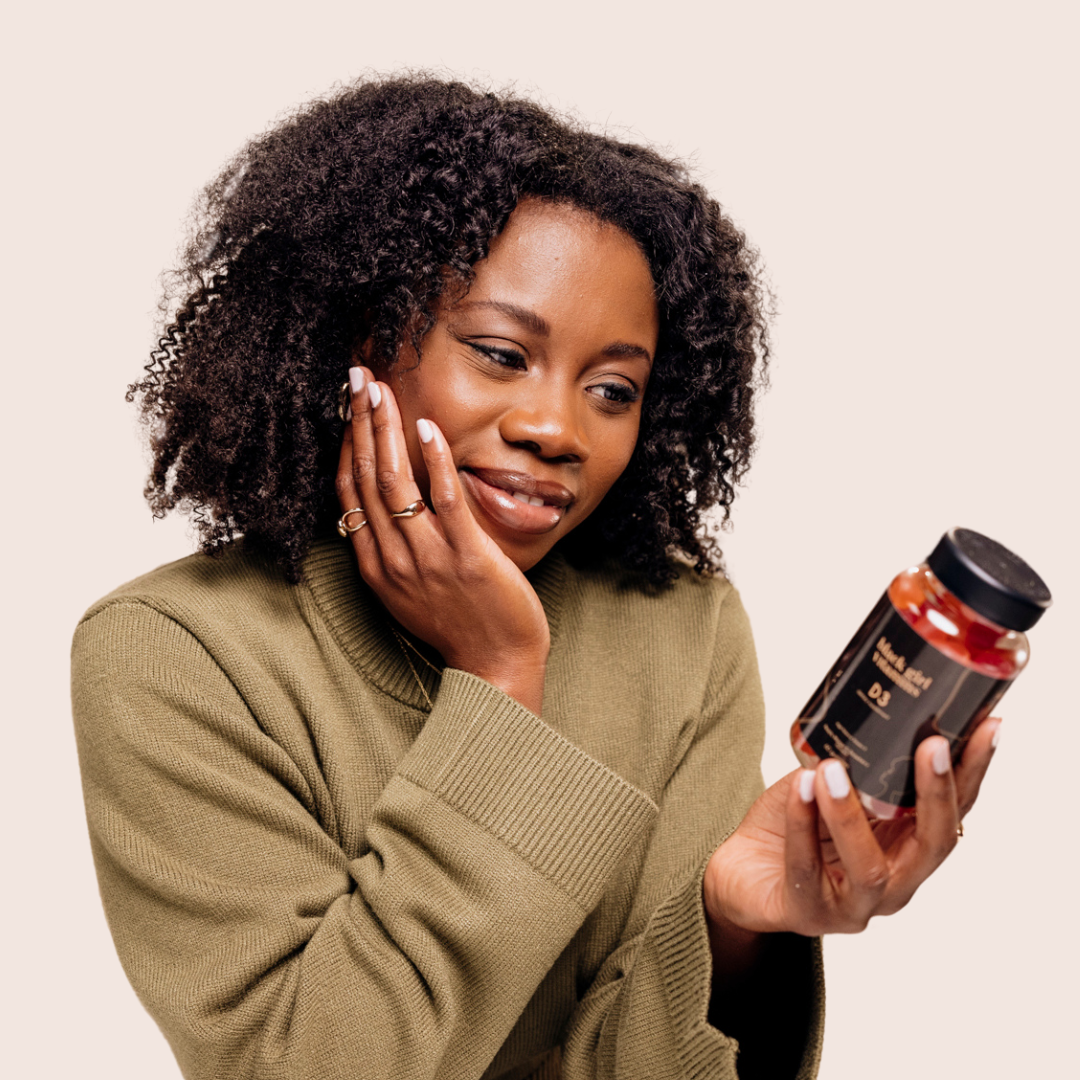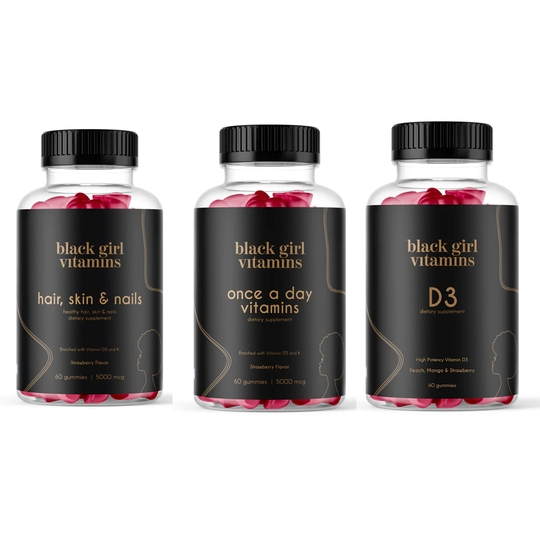Exploring the Impact of Vaginal Probiotics on the Black Microbiome
Understanding the Black Women’s Vaginal Microbiome
The vaginal microbiome plays a crucial role in women’s health, influencing susceptibility to bacterial vaginosis (BV), urinary tract infections (UTIs), sexually transmitted infections (STIs), infertility, and potentially even cervical cancer. Research shows that the composition of this microbiome can vary across populations, and Black women in particular experience unique differences.
According to NIH research, African American women have higher bacterial vaginosis scores and are less likely to be colonized by lactobacilli (beneficial bacteria) than women of European ancestry. In vaginal microbiome profiles, Group I (dominated by Lactobacillus crispatus, a protective and highly stable bacteria) was the most common among women of European ancestry, whereas Group IV, a heterogeneous group of strict anaerobes (potentially pathogenic), was most common in African American women. Women colonized with L. crispatus have been shown to have a fivefold decreased risk for developing BV.
Even in postmenopausal women, vaginal community dominance by Lactobacillus crispatus or Lactobacillus gasseri was more common in Black women than in matched white women, though the overall diversity of microbiomes in African Americans was higher. In contrast, the microbiomes of women of European ancestry tended to be less diverse, with lactobacilli dominating the microbial population.
African American women were also found to have higher proportions of BV-associated bacteria, and were estimated to be 2.9 times as likely to be diagnosed with BV relative to women of European ancestry, highlighting the importance of targeted strategies for maintaining vaginal health.
Key Differences in the Vaginal Microbiome of Black Women
Research shows that Black women often have a more diverse vaginal microbiome than women of European ancestry. Common bacterial profiles include Lactobacillus iners, Gardnerella vaginalis, BVAB1, and sometimes L. crispatus. This diversity can make the vaginal ecosystem less stable and may contribute to higher rates of BV.
Other factors influencing these differences include:
-
Socioeconomic status
-
Diet and yogurt consumption
-
Smoking habits
-
Number of sexual partners per year
-
Access to healthcare
Geographical differences also play a role. For example, African American women in the U.S. may have a different microbiome composition compared to Nigerian or Surinamese women, even within similar ethnic groups. Dutch women in Amsterdam, for example, mostly had Lactobacillus crispatus, while African Surinamese and Ghanaian women were more likely to have a mix including Gardnerella vaginalis, a bacterium linked to BV.
It’s important to note that there is no evidence that ethnicity itself directly causes microbiome differences. Rather, ethnicity often overlaps with environmental, cultural, dietary, and access-related factors that affect vaginal microbiome health.
Importance of a Diverse Microbiome for Women’s Health
A healthy vaginal microbiome is often dominated by lactobacilli, which help maintain a low vaginal pH, prevent overgrowth of harmful bacteria, and support overall reproductive health. For Black women, maintaining this balance can help reduce the risk of BV, UTIs, and other infections, while also supporting fertility and maternal health.
The Role of Probiotics and Prebiotics
What Are Probiotics and Prebiotics?
Probiotics are live microorganisms that, when taken in adequate amounts, provide health benefits. Prebiotics are non-digestible fibers that feed beneficial bacteria, helping them thrive. Together, prebiotics and probiotics can help maintain a balanced vaginal microbiome.
Benefits of Lactobacillus Strains for Vaginal Health
Certain lactobacillus strains, including Lactobacillus crispatus, L. gasseri, and L. iners, play a key role in vaginal health. These bacteria can:
-
Maintain a healthy vaginal pH
-
Inhibit growth of harmful bacteria
-
Reduce the risk of recurrent BV
-
Support overall vaginal immune function
Probiotic Supplements for Women
How to Select the Right Probiotic Supplements
When choosing probiotic supplements for women, consider:
-
Strains that target vaginal health (L. crispatus, L. gasseri, L. reuteri)
-
Products with prebiotics included
-
Clinically tested formulations designed for women’s reproductive health
Top Probiotic Strains for Black Women
-
Lactobacillus crispatus: Protective, stabilizes vaginal microbiome
-
Lactobacillus gasseri: Supports low pH and healthy microbiome balance
-
Lactobacillus reuteri: May help prevent BV recurrence
Probiotics and Pregnancy
Safety and Benefits of Probiotics During Pregnancy
Probiotics are generally safe during pregnancy and can help:
-
Maintain a healthy vaginal microbiome
-
Reduce the risk of BV and other infections
-
Support maternal immune health
The Impact on Maternal and Infant Health
A balanced vaginal microbiome can also influence infant health, helping establish a healthy microbiome in newborns and potentially reducing the risk of infections early in life.
Conclusion
Black women experience unique differences in the vaginal microbiome that can influence susceptibility to infections, reproductive health, and overall wellness. While factors like environment, diet, and access to healthcare play a role, probiotic and prebiotic supplementation can help support a healthy vaginal microbiome, reduce the risk of BV, and improve overall reproductive health.
Vaginal probiotics for the Black microbiome are an important tool for maintaining wellness, particularly for women looking to support their vaginal health during pregnancy, prevent infections, and maintain long-term reproductive health.





